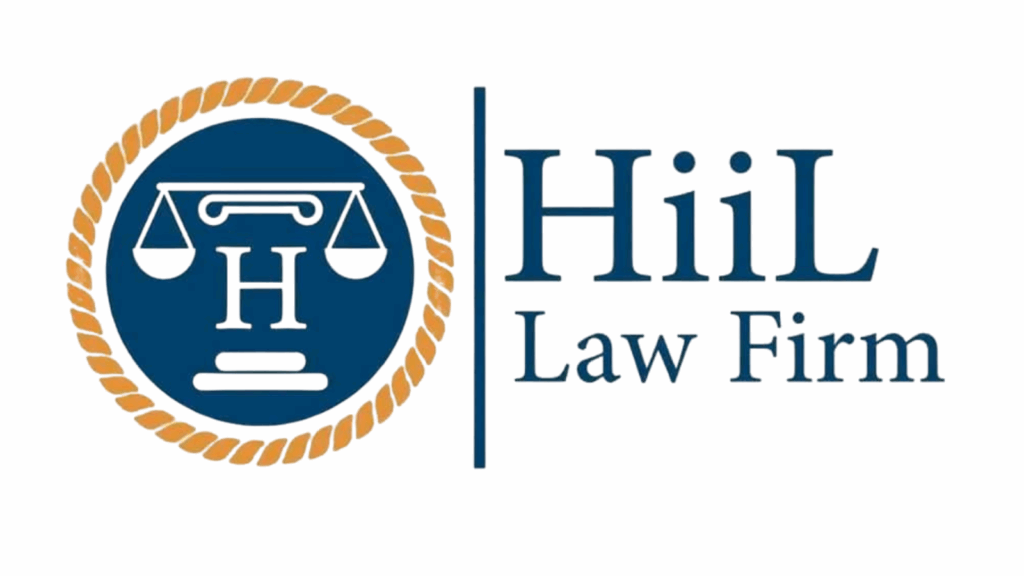Somalia is a Federal Republic with an evolving civil society landscape shaped by prolonged conflict, fragile governance, and ongoing state-building efforts. While the 2012 Provisional Constitution guarantees fundamental freedoms of Association, expression and assembly, the enabling environment for civil society organizations (CSOs) remains constrained by insecurity, weak legal protections, and limited civic space. Restrictive legislations such as the Somalia’s Penal Code are used to limit the enjoyment of these fundamental freedoms. CSOs, especially media, continue to operate in a context marked by political instability, armed conflict, and harassment occasionally from government security offices, particularly when engaging in criticizing authorities.
Legal and regulatory frameworks for CSOs are underdeveloped and inconsistently applied. At the Federal level in Somalia, CSOs are regulated under article 54 of the Civil Code (Law no. 37 of 1973). However, unified draft NGO Bill has remained in effective for years, leaving CSOs subject to unclear registration procedures and potential government overreach. Freedoms of expression are frequently limited with journalists. In some regions, local authorities impose informal restrictions on CSO activities, particularly when engaging on sensitive issues like women rights or minority rights.
Funding for Somali CSOs is fully reliant on international donors, with minimal domestic support and public funding frameworks. This dependency undermines long-term sustainability and limits grassroots-driven initiatives. However, Somali civil society remains resilient and dynamic, with youth-led organizations playing a growing role in local advocacy, peacebuilding, and service delivery. The interaction between CSOs and the Federal Government still remains limited despite that one positive effort about the first ever cooperation forum between the Federal Government of Somalia and CSOs that took place in Mogadishu, 2023. Despite a restrictive Enabling environment, digital civic space remains quite open, offering opportunities for advocacy and awareness-raising while cyber-security laws are not yet effective in Somalia.
